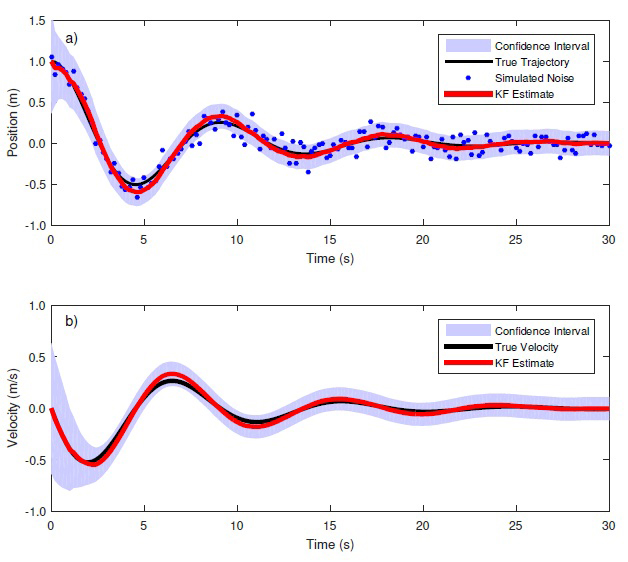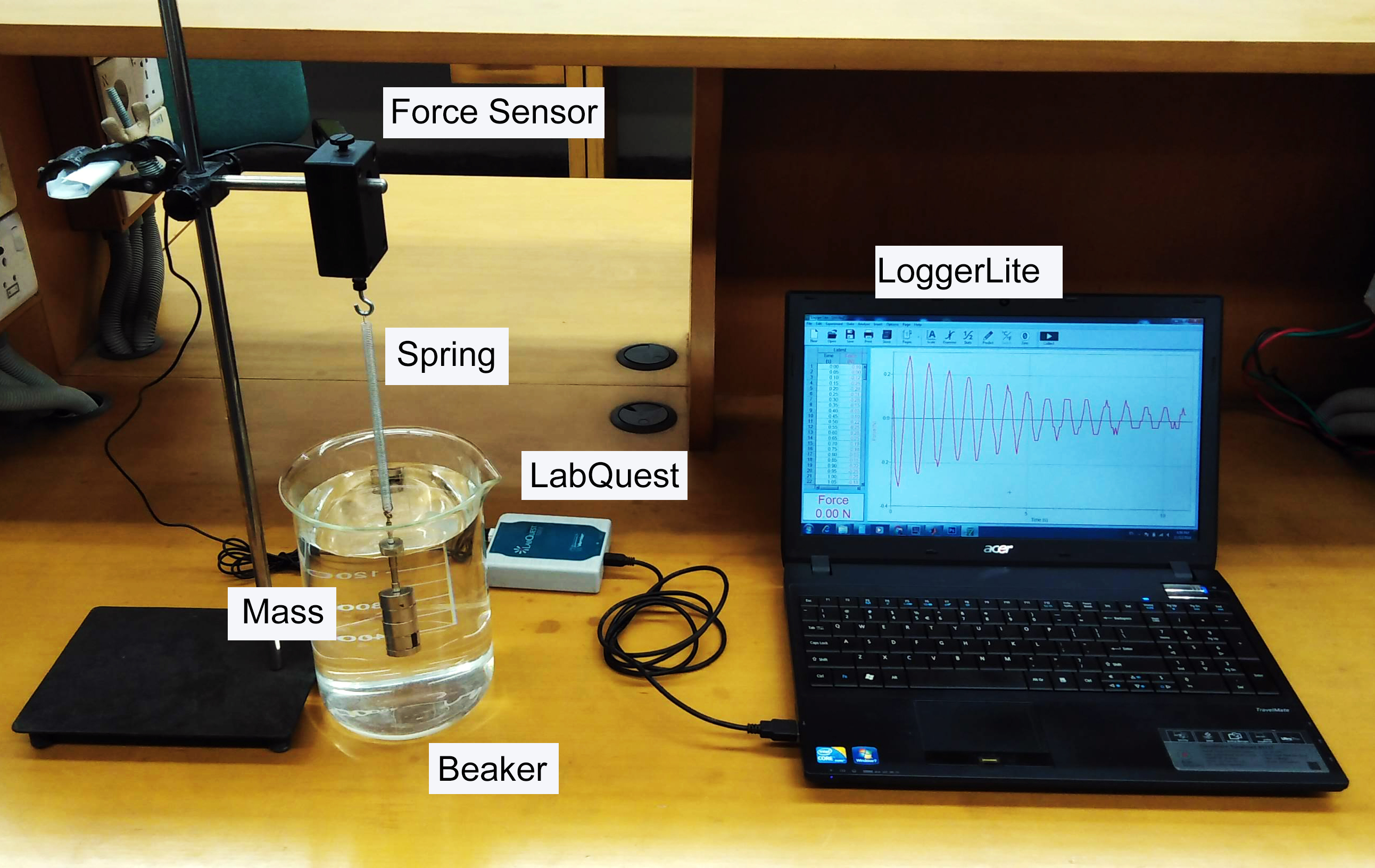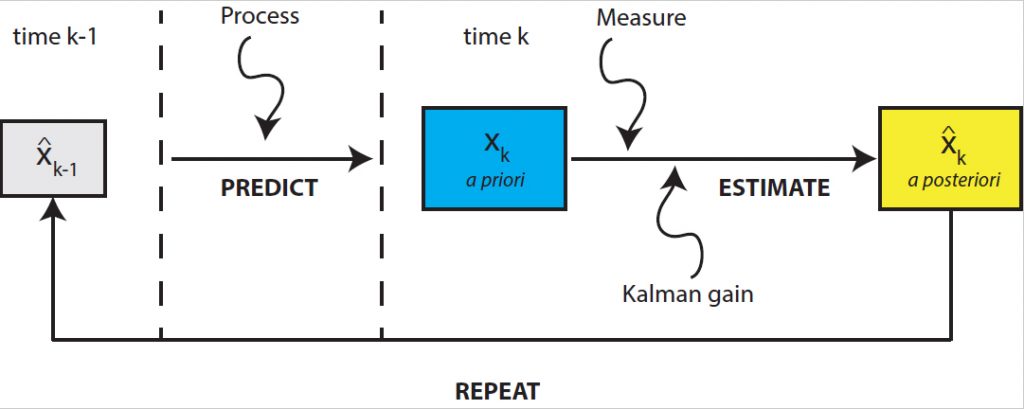| Researchers | Azeem Iqbal |
| Time Frame | Spring 2019 |
| Supplementary Materials | Applications of an Extended Kalman Filter in nonlinear mechanics |
| Description | |
Data processing is a challenging task in the realms of experimental physics. An experimental physicist is poised with statistical and probabilistic techniques that enable to cater to uncertainties and the unknown parameters. But in a teaching laboratory today there are transducers, highly susceptible to noise due to sensitivity.
 This is desirable in the context of exposing students to the realities of a real-world experiment and also creates a potential for them to learn about data cleaning and finding the embedded unknowns. In this regard, we propose the use of Kalman Filters to not only filter the system but also estimate its unknown parameters. In the 1960s, the Kalman filter was applied to the navigation system of the Apollo Project. It was a pivotal invention that enabled humans to reach the moon. This application propelled Kalman filtering into the dynamical linear and nonlinear research of that time. It was explored in signal processing, navigational radar systems, robotics, GPS systems and in recent years in image processing and machine learning. This research work concentrates on deploying Kalman Filter and its two variants in an experimental physics teaching laboratory. We explore the notions of filtering linear and non-linear mechanics problems, simulate the applications and then heuristically develop a sound understanding of the Kalman Filter and its facets in experimental physics. This is desirable in the context of exposing students to the realities of a real-world experiment and also creates a potential for them to learn about data cleaning and finding the embedded unknowns. In this regard, we propose the use of Kalman Filters to not only filter the system but also estimate its unknown parameters. In the 1960s, the Kalman filter was applied to the navigation system of the Apollo Project. It was a pivotal invention that enabled humans to reach the moon. This application propelled Kalman filtering into the dynamical linear and nonlinear research of that time. It was explored in signal processing, navigational radar systems, robotics, GPS systems and in recent years in image processing and machine learning. This research work concentrates on deploying Kalman Filter and its two variants in an experimental physics teaching laboratory. We explore the notions of filtering linear and non-linear mechanics problems, simulate the applications and then heuristically develop a sound understanding of the Kalman Filter and its facets in experimental physics.
| |

